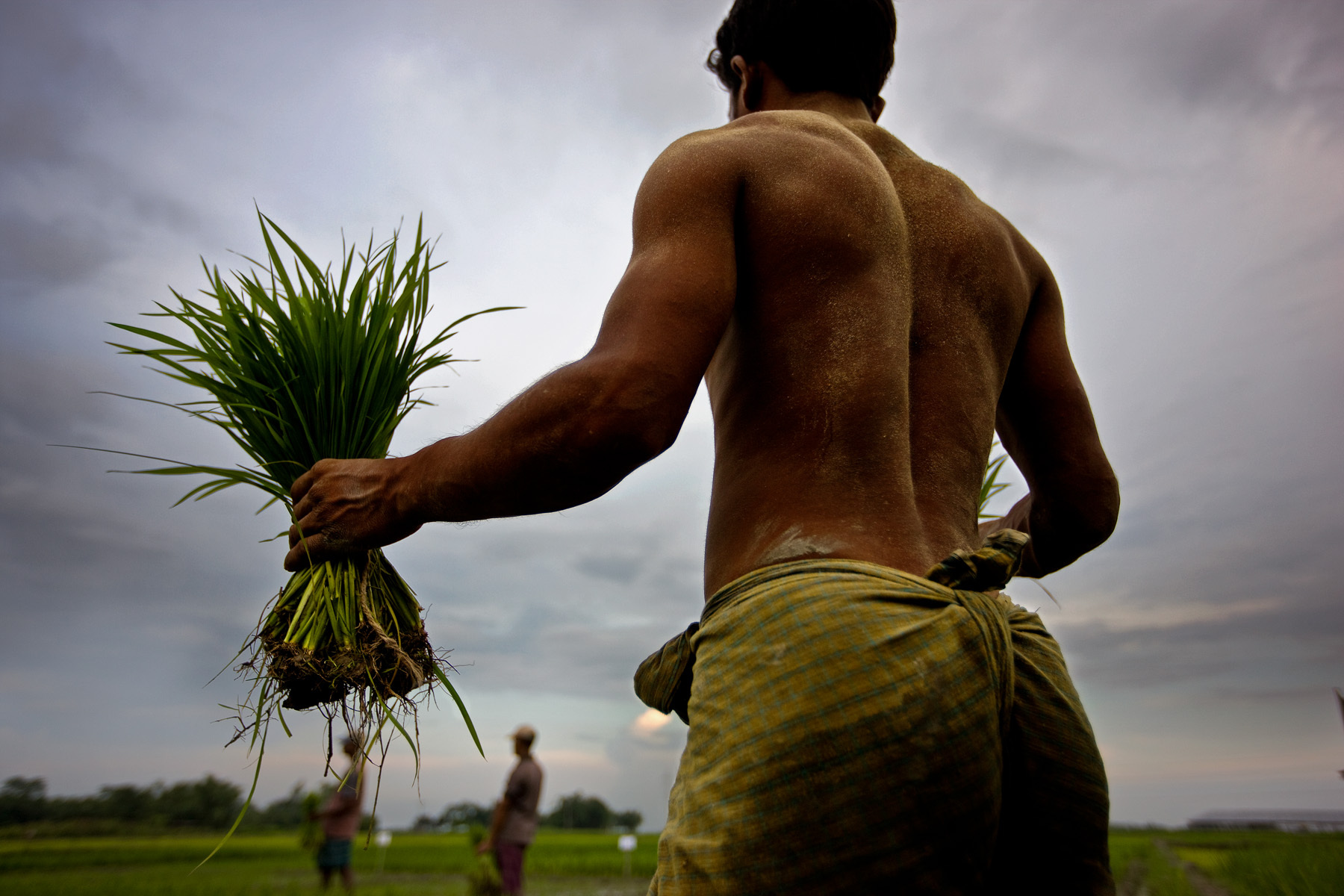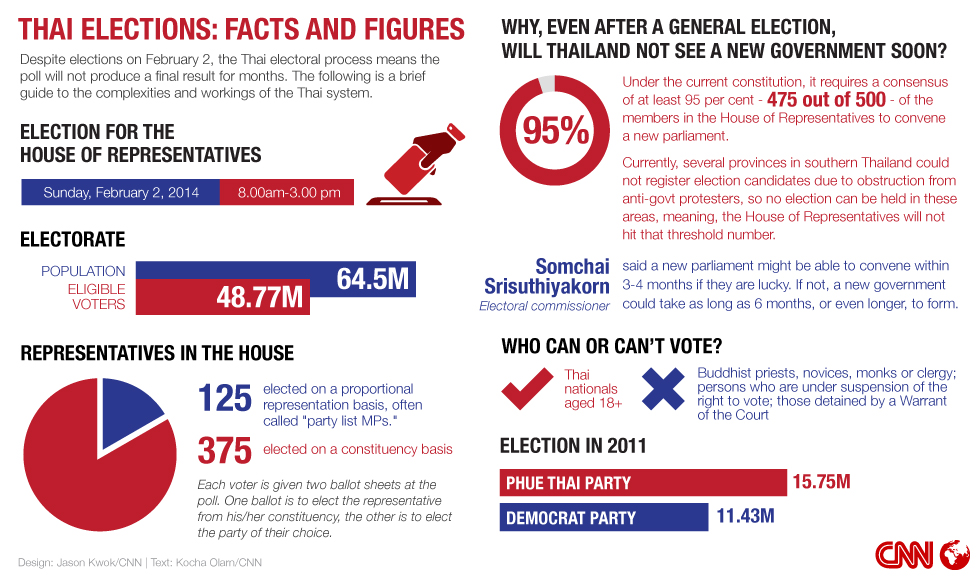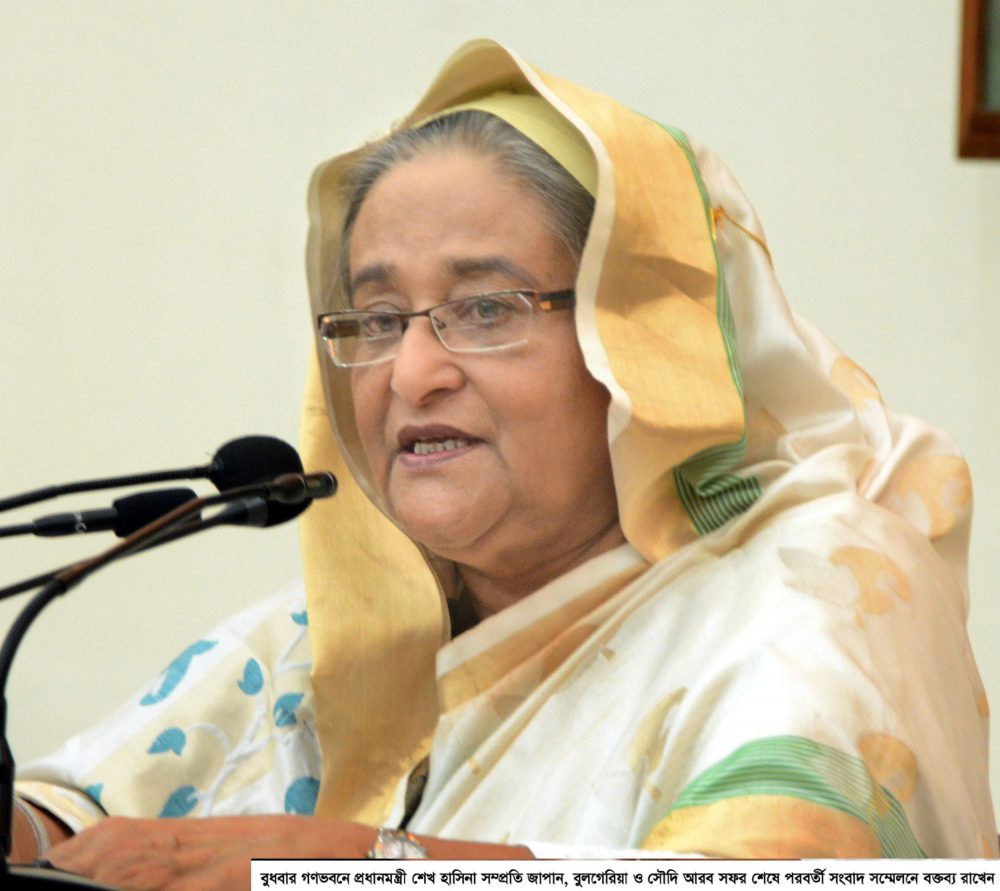e-News® | The NEWS Company… : RANGPUR, Nov 27, 2014 – Speakers at a training course today stressed for enhanced participation of the organisations of small and marginal farmers in food security governance to ensure food security of the extremely poor rural people.
They were addressing concluding ceremony of the three-day training course organised by RDRS Bangladesh at its Thakurgaon Training Centre on “Improving Food Security Governance in South & Southeast Asia through Strengthened Participation of Organisations of Marginalised Farmers Regional Project”.
The five-year term regional project is being implemented in Bangladesh, Nepal, India and Myanmar to improve livelihood of 10.20 lakh marginalised households, including ethnic communities, with assistance of European Union and Dan Church Aid. Thirty male and female participants, including 15 members of the farmers’ group of Jagannathpur Union Federation in Thakurgaon and 15 members of farmers’ group of Dhakkamara Union Federation in Panchagarh districts took part in the course.
Thakurgaon District Women Affairs Officer Morshed Ali Khan, Sadar Upazila Agriculture Officer Azizur Rahman and Sadar Upazila Social Service Officer Syeda Sultana conducted different sessions in the training course as resource persons. Project Manager of the Food Security Governance Project of RDRS Bangladesh for Thakurgaon Mahfuz Alam and Agriculture Officer of the Food Security Governance Project of the NGO Masud Parvez provided training to the participants.
Programmer Manager (Microfinance) of the reputed NGO for Thakurgaon Aminul Islam presided over the inaugural and concluding ceremonies. The resource persons narrated about the national food policy-2006, rights of the small and marginal farmers to food security, nutrition, good governance, human rights and advocacy for attaining these rights, types and strategies of community advocacy. They discussed on the local service providing institutions and their services, rights to information for good governance, role of the federations in establishing rights to food and good governance and work plans for advocacy.
The speakers said the project is designed to increase participation of small and marginal farmers’ organisations in making decision linked to food and nutrition security in Nepal, Bangladesh, India and Myanmar where huge natural resources are available. The project is aimed at enhancing practical knowledge of the farmers’ organisations on food and nutrition security through promotion and sharing of the eco-friendly indigenous farm practices in climate resilient indigenous technologies in public forums.
Narrating understanding of participation, governance and food security, they said specific objectives of the project are to equip the local organisations of the small and marginal farmers with critical understanding of food and nutrition governance. They urged the participants for addressing the loopholes in food and nutrition security policy and practice through conducting collective advocacy through their organisations for better food production, procurement and distribution systems.





































